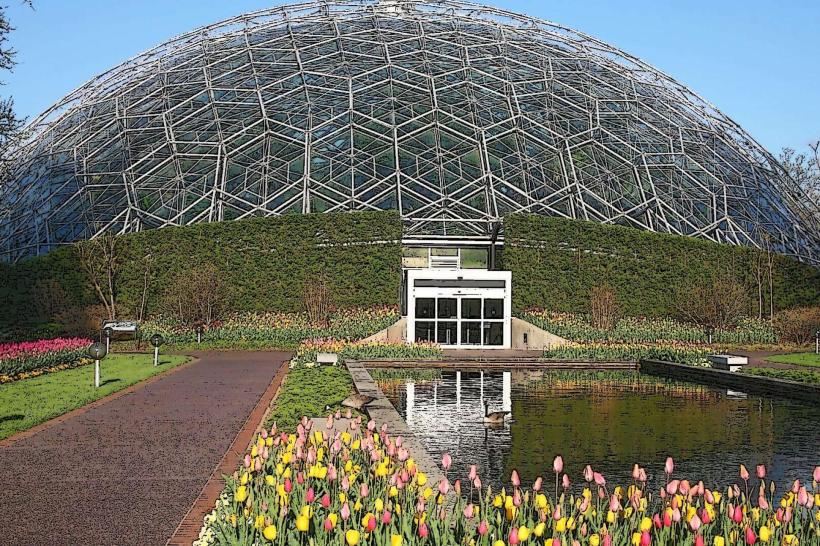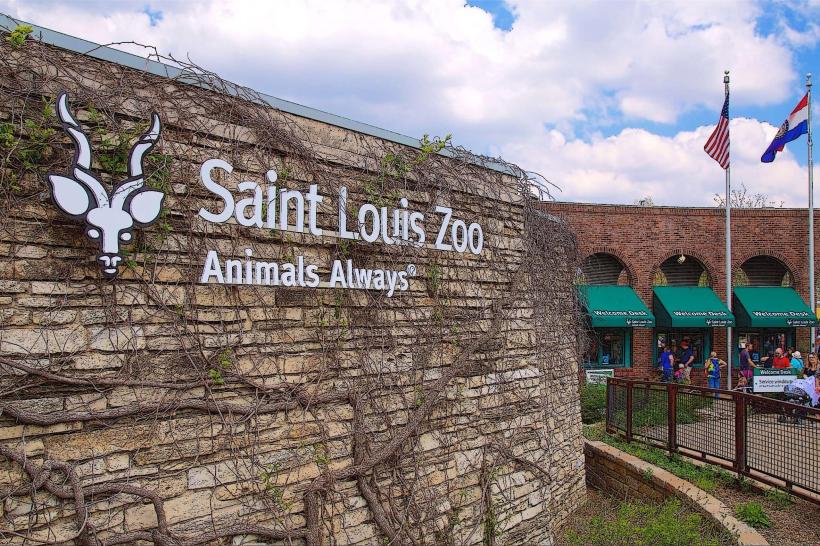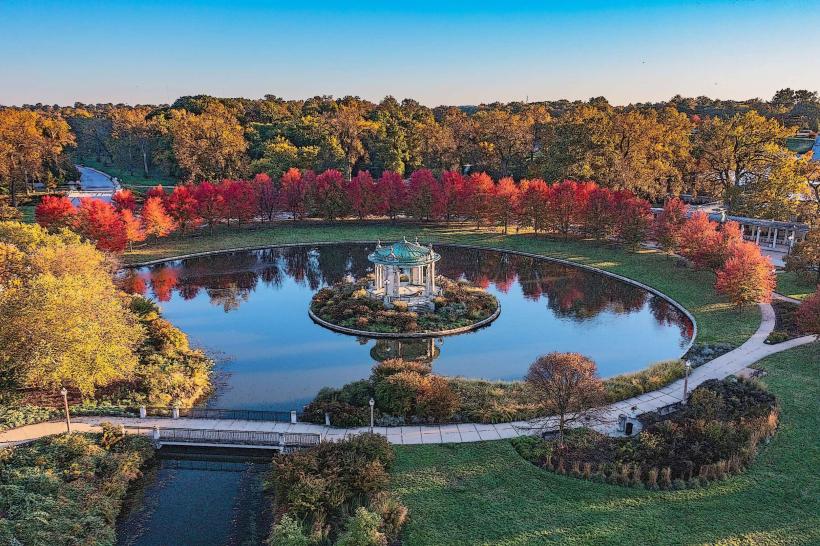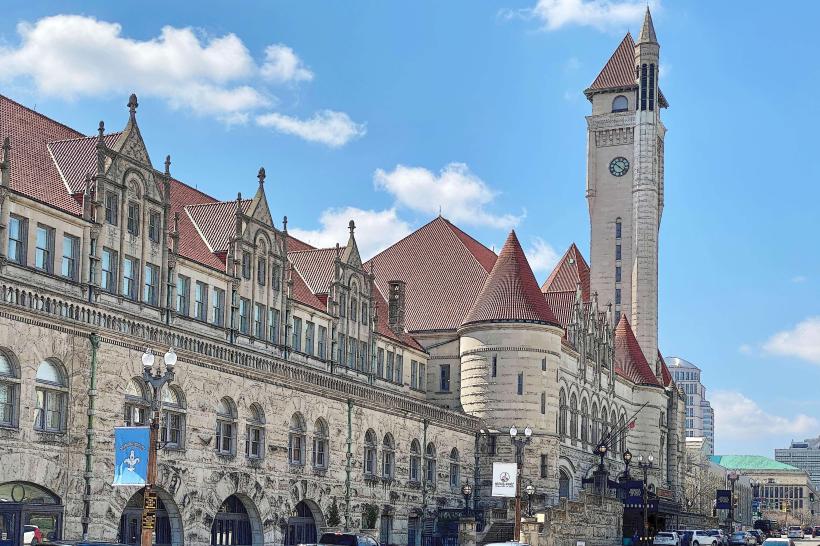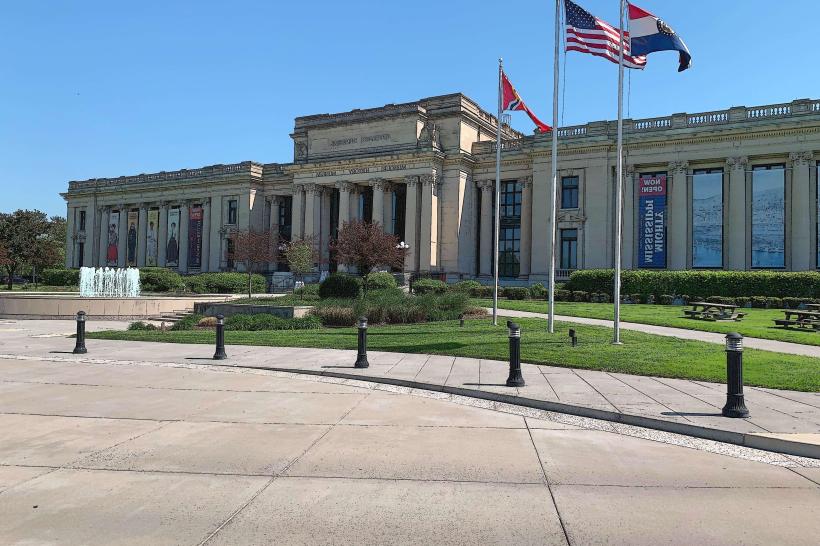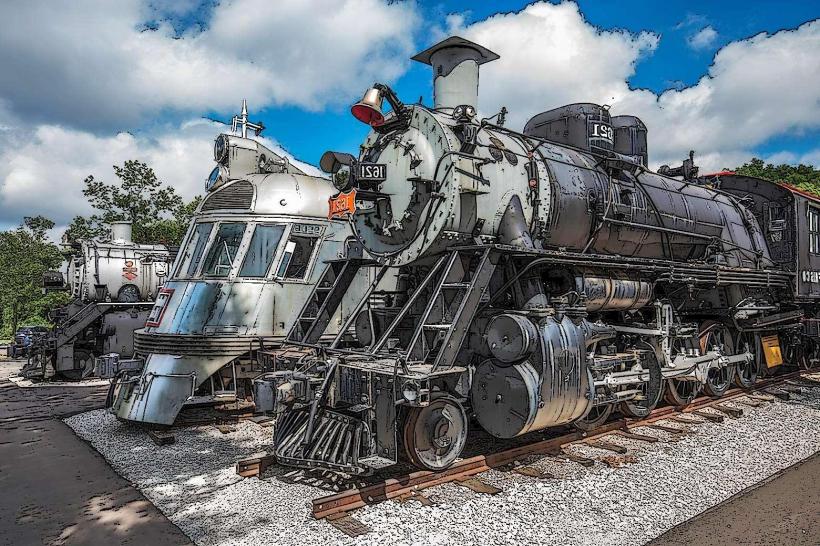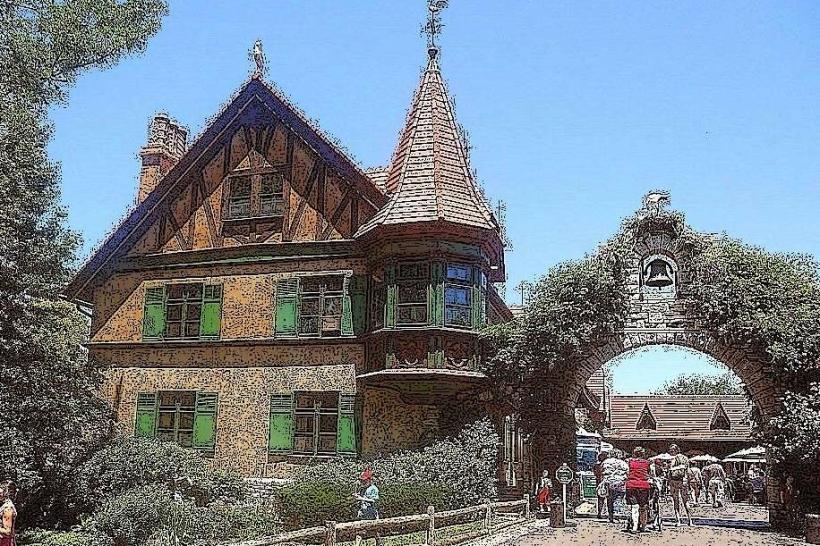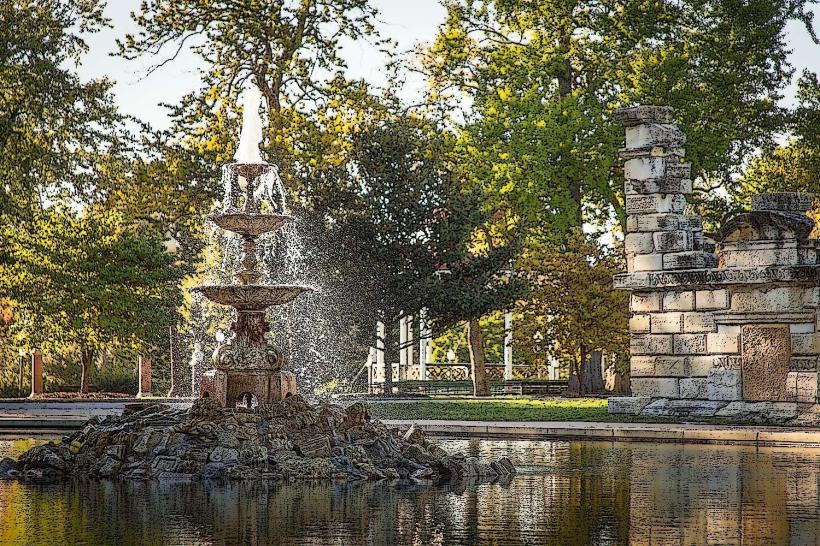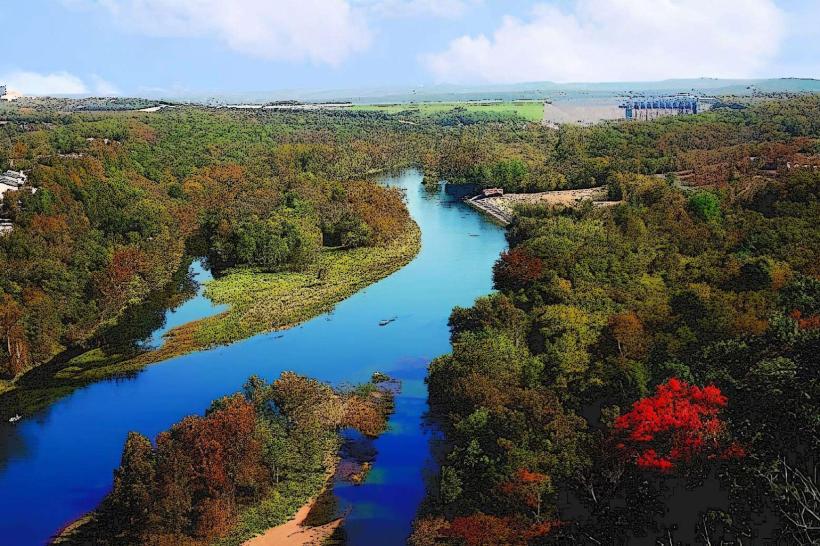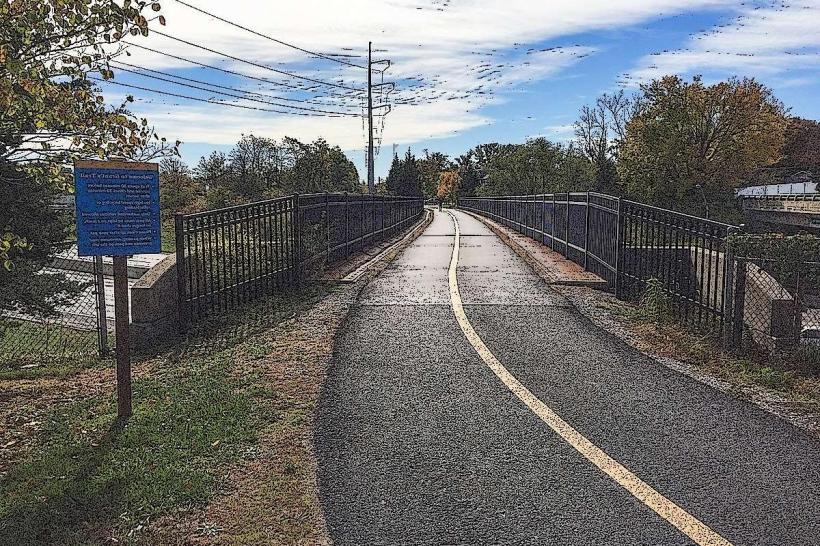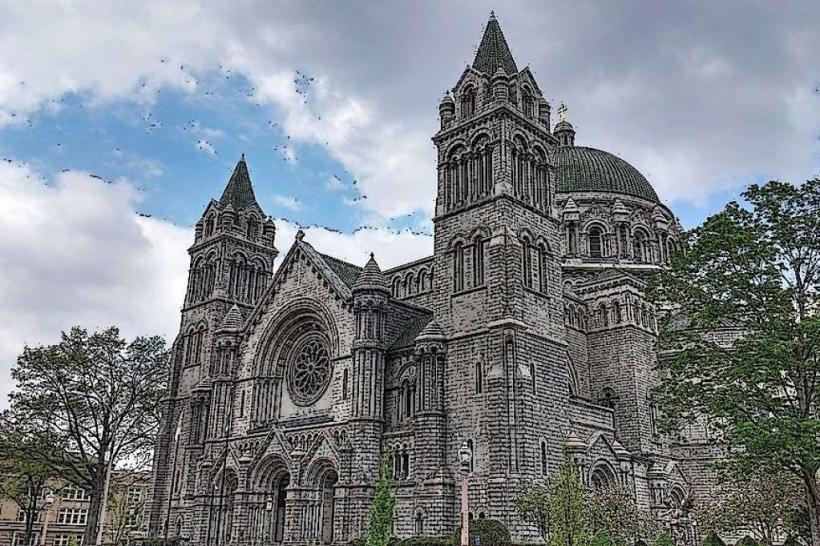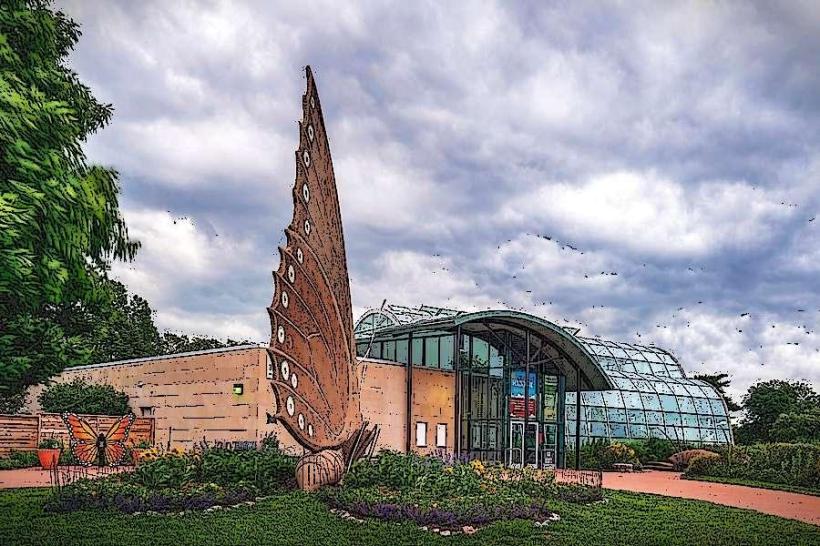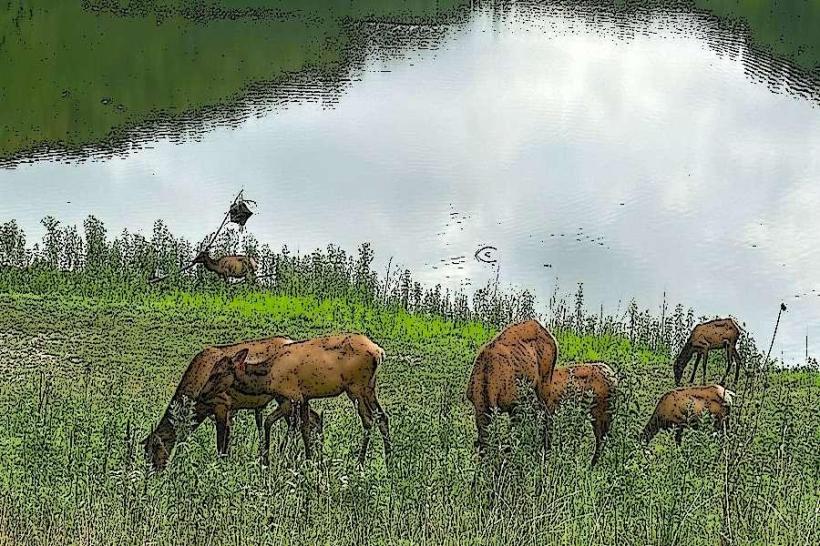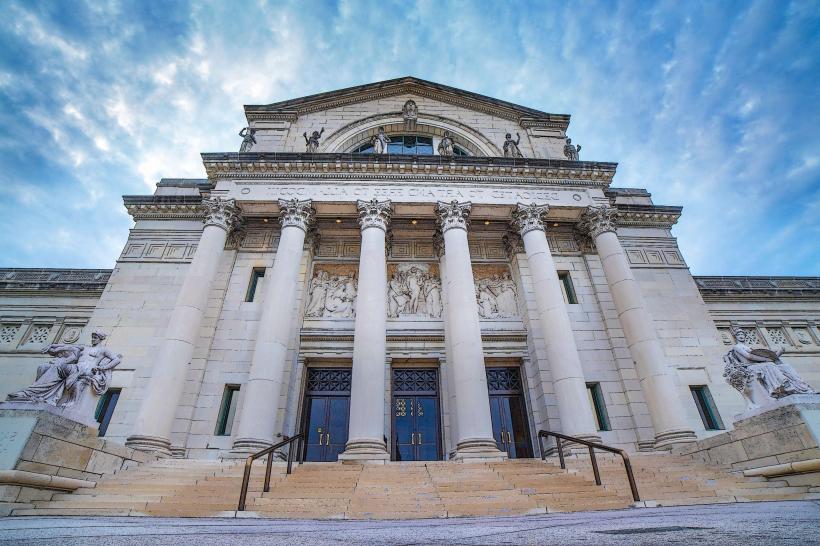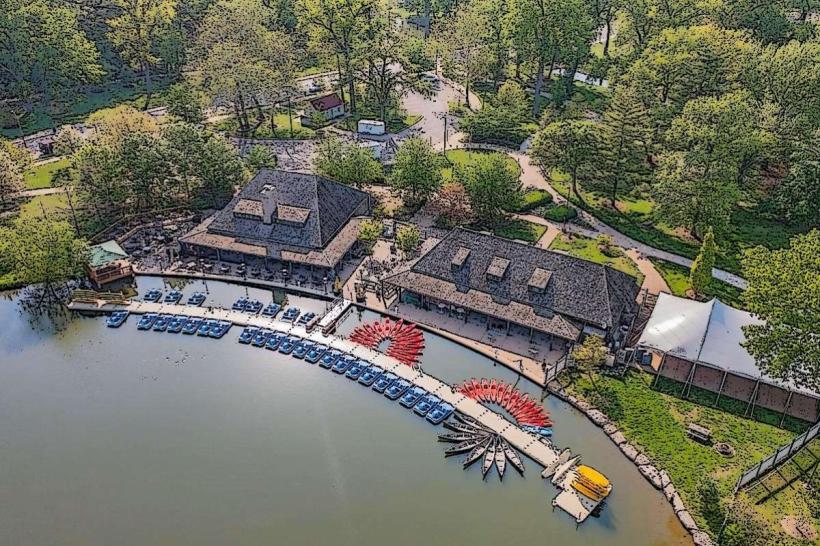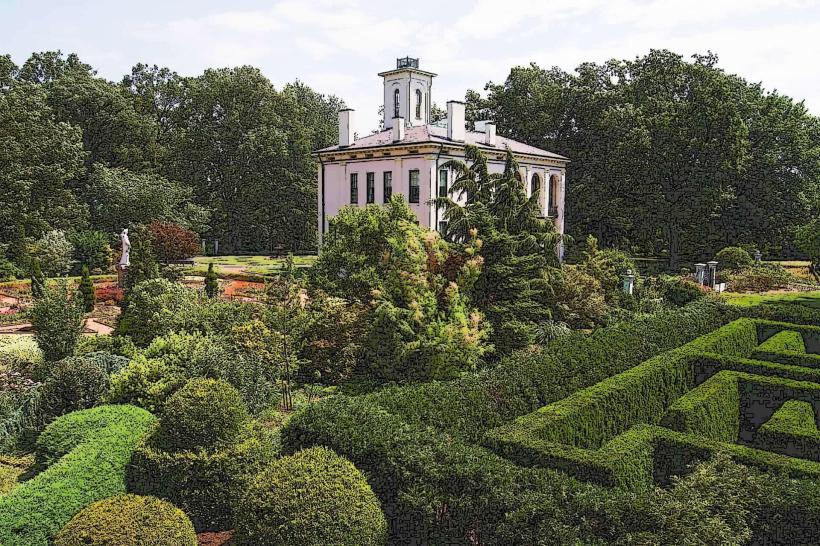Information
Landmark: Ozark National Scenic RiverwaysCity: St Louis
Country: USA Missouri
Continent: North America
Ozark National Scenic Riverways, St Louis, USA Missouri, North America
Ozark National Scenic Riverways is a protected national park area in southern Missouri dedicated to preserving the unique beauty, ecology, and recreational value of two pristine rivers-the Current River and the Jacks Fork River. Established in 1964 as the first national park created specifically to protect a river system, this park spans over 80,000 acres across parts of Carter, Shannon, and Texas counties within the rugged Ozark Highlands.
Natural Features and Landscape
The park encompasses crystal-clear spring-fed rivers, steep wooded bluffs, limestone caves, hardwood forests, and diverse wildlife habitats. The Current and Jacks Fork Rivers are noted for their outstanding water quality, scenic beauty, and excellent conditions for canoeing and kayaking. Numerous springs feed these rivers, including notable ones like Big Spring, one of the largest springs in the United States, which flows into the Current River.
The surrounding landscape is characterized by rolling hills, deep river valleys, and karst topography-limestone formations featuring caves, sinkholes, and underground streams. The area supports a rich biodiversity, including species such as white-tailed deer, river otters, wild turkey, and numerous fish species like smallmouth bass and rainbow trout.
Recreational Opportunities
Ozark National Scenic Riverways is a premier destination for outdoor recreation, especially river-based activities. Canoeing and kayaking along the gentle to moderately flowing rivers attract visitors seeking tranquil or adventurous paddling experiences. The park offers well-maintained river access points, boat rentals, and guided tours.
Other popular activities include fishing, swimming in natural pools, hiking on numerous trails that traverse forested hills and scenic overlooks, horseback riding, camping in developed campgrounds or primitive backcountry sites, and wildlife watching. The park also has several caves accessible to visitors, some offering guided tours.
Hunting is permitted in designated areas during appropriate seasons, regulated to maintain wildlife populations and ecosystem health.
Conservation and Management
The park’s establishment focused on preserving the pristine water quality and natural environment of the rivers and their surroundings amid increasing development pressures. The National Park Service manages the area to protect its ecological integrity, promote sustainable recreation, and educate the public about the importance of river ecosystems.
Efforts include habitat restoration, invasive species control, water quality monitoring, and partnerships with local communities to encourage responsible land use practices.
Cultural and Historical Significance
The Ozark region has a long history of human settlement, with evidence of Native American presence dating back thousands of years. Within the park boundaries, historic sites such as old homesteads, mills, and bridges tell the story of early settlers who lived off the land and adapted to the rugged terrain.
Local folklore, traditional Ozark music, and crafts reflect the cultural heritage of the area. Interpretive programs and visitor centers provide insights into both the natural and human history of the region.
Visitor Facilities and Access
Key visitor facilities include the Ozark National Scenic Riverways Visitor Center in Van Buren, Missouri, which offers educational exhibits, maps, and ranger-led programs. The park has several developed campgrounds with amenities such as restrooms, picnic areas, and drinking water.
Access points along the Current and Jacks Fork Rivers are scattered throughout the park, with parking and boat launch facilities enabling easy entry for paddlers.
Summary
Ozark National Scenic Riverways protects one of Missouri’s most treasured natural landscapes, preserving free-flowing rivers, rich biodiversity, and stunning scenic vistas within the Ozark Highlands. Its combination of conservation, recreational opportunities, and cultural heritage makes it a vital destination for nature lovers, outdoor adventurers, and those interested in the history and ecology of the American Midwest.


